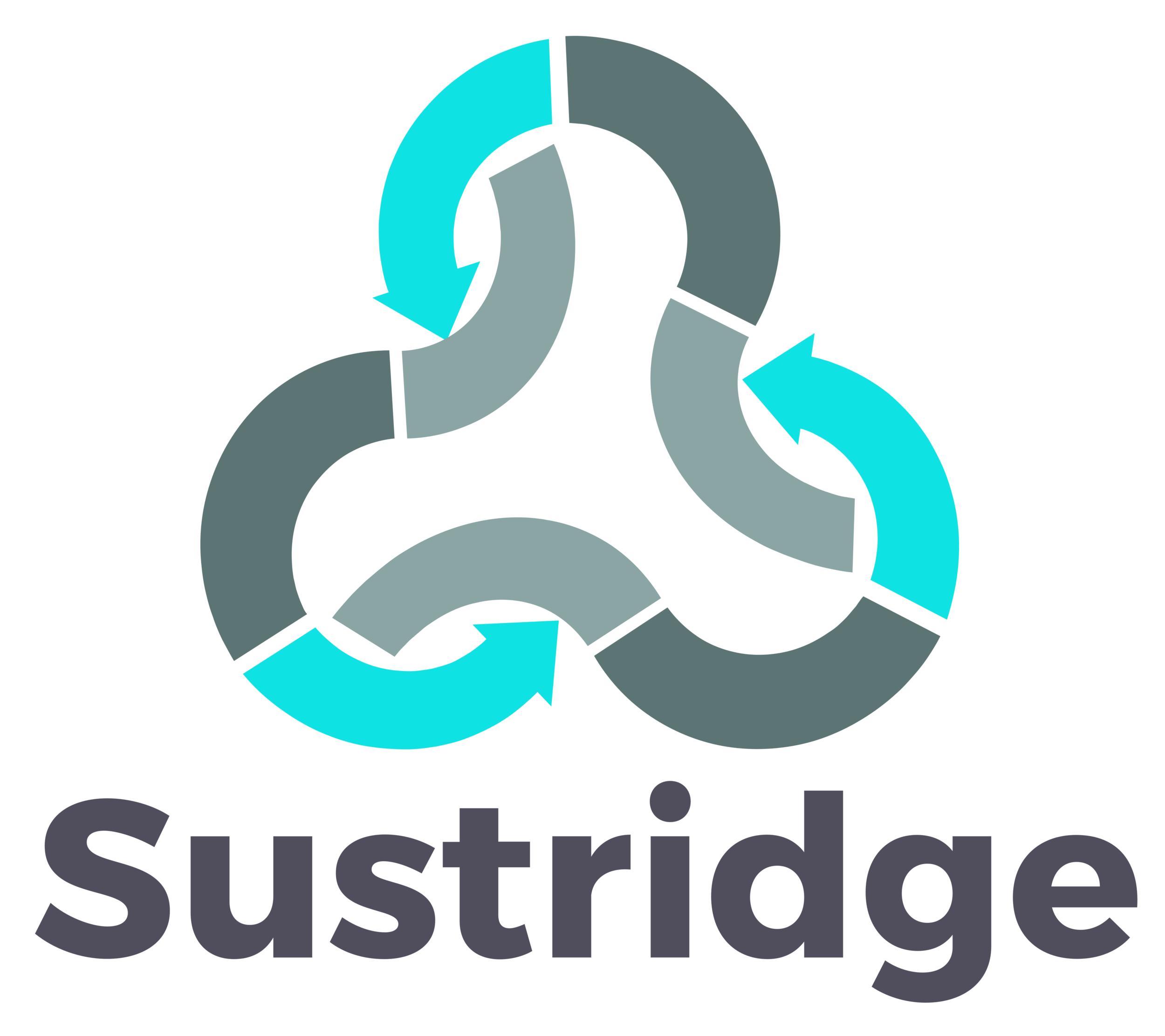Gary Liss - Zero Waste Planning Expert
Gary Liss has over 45 years of experience in the solid waste and recycling field. Mr. Liss is a leading advocate of Zero Waste and has helped more communities develop Zero Waste plans than anyone else in the U.S. including: City of Los Angeles Palo Alto, Oakland, Burbank, San Jose, Castro Valley Sanitary District, City of Alameda, Oceanside, Glendale and Del Norte County in CA; Austin (TX); Nelson (BC); Telluride (CO); the Big Island of Hawaii (HI), Arkadelphia (AR) and Fort Collins, CO). He also has helped major businesses (e.g. Sandia National Laboratories and Nestle Purina) and colleges (e.g. California State University Long Beach and California State University Los Angeles) develop Zero Waste Plans. He has helped develop electronic guides on Contracts and Franchises and Managing and Transforming Waste Streams for USEPA.
Mr. Liss was the first President of the U.S. Zero Waste Business Council and now is a GBCI TRUE Zero Waste assessor and instructor. Mr. Liss is Vice-President of Zero Waste USA and Zero Waste Certifications Committee Chair and a Boardmember of the Zero Waste International Alliance. Mr. Liss was a founder and past President of the National Recycling Coalition. Mr. Liss is a Certified ZERI System Designer and a SWANA certified Zero Waste Practitioner. He served on Council in his hometown of Loomis, CA and was Mayor in 2010. He has a Master in Public Administration degree from Rutgers University and Bachelor in Civil Engineering (Environmental Engineering major) from Tufts University.
Gary Joins Sustainable Nation to Discuss:
The process of developing zero waste plans for communities
Why sustainability professionals should focus on zero waste
Where to focus your zero waste efforts
Advice and recommendations for sustainability leaders
Gary's Final Five Responses:
What is one piece of advice you would give other sustainability professionals that might help them in their careers?
The key for professionals is identifying what are the things that are most achievable in your given business or community for sustainability, and advocate for those. There's lots of paths to addressing climate change and the key is figuring out which ones people embrace in your community. When I was mayor of Loomis, California, I did a green ribbon taskforce and what I focused on was, "What were the things that will save money for the residents, for the businesses and for the town in moving forward with a green initiatives. Because there's so many things that need to be done and can be done, figure out what people will embrace locally and pursue those as your priorities.
What are you most excited about right now in the world of sustainability?
Zero waste businesses are leading the way to zero waste. And communities that recognize zero waste businesses and highlight them and promote them in local media can really generate a lot of enthusiasm for pursuing zero waste as a community. When people hear that zero waste is happening in their own community by major employers, it really gets their attention. It's a really positive message. There's great examples of zero waste businesses on the GBCI.org website, (true.gbci.org), where the TRUE rating system has been applied to certify those businesses as meeting the goals that were adopted by the Zero Waste International Alliance. And so if you go to true.gbci.org/projects, there's about 20 or 30 different case studies there that can highlight great examples of zero waste businesses and promote those locally. And when people ask about zero waste and you tell them about what those businesses are doing, you'll find people are amazed and excited about that. So with all the negative news these days, this is an area that can be a really positive direction that people can work on and achieve in their own communities.
What is one book you would recommend sustainability professionals read?
I think Zero Waste Solutions by Paul Connett is probably one of the best. It was developed about six or seven years ago, and particularly for zero waste communities, it's a great overview of what needs to be pursued.
What are some of your favorite resources or tools that really help you in your work?
There's a lot of them in terms of where I learn things. EPA does webinars and so does the National Recycling Coalition. There's state recycling conferences like the California Resource Recovery Conference in California. If you go to the NRC website and look up affiliated state recycling organizations, there's links to states all over the country that have the state recycling organizations. The National Resource Recycling conference is excellent for getting information. Trade journals, Resource Recycling and Biocycle are key. There's a lot of listservs out there like Green Yes and NRC members has a Listserv, Zero Waste Communities and Zero Waste Business. Anyone who's interested in getting on listservs could go to my website at garyliss.com and I have a couple of them listed there or email me at gary@garyliss.com. EPA has a wealth of information and Zero Waste USA has a toolkit with different tools that are available at the EPA website. There's one particular section called Managing and Transforming Waste Streams with over a hundred different policy and program examples, actual contracts and ordinances that have been implemented around the country.
Where can our listeners go to learn more about you and your work?
garyliss.com is my website, zerowasteUSA.org, true.Gbci.com, I'm on LinkedIn and you can email me at gary@garyliss.com.

